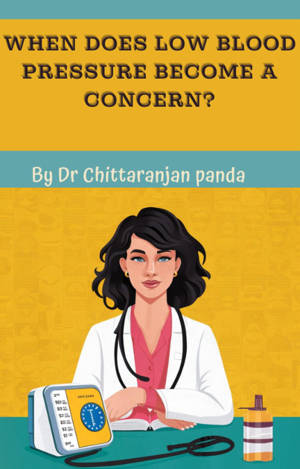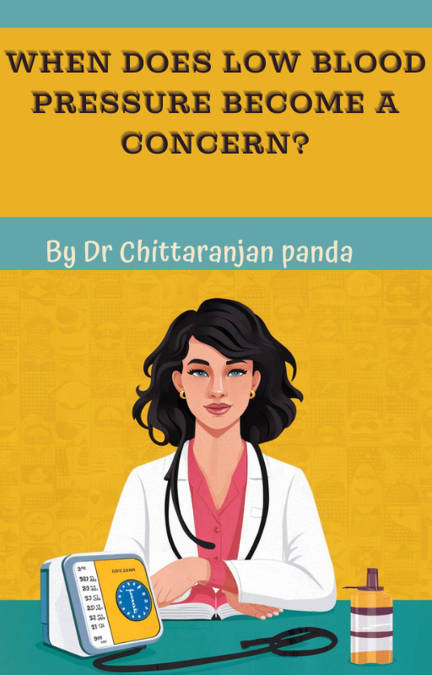
- Retrait gratuit dans votre magasin Club
- 7.000.000 titres dans notre catalogue
- Payer en toute sécurité
- Toujours un magasin près de chez vous
- Retrait gratuit dans votre magasin Club
- 7.000.0000 titres dans notre catalogue
- Payer en toute sécurité
- Toujours un magasin près de chez vous
Description
When Does Low Blood Pressure Become a Concern?
Not all low blood pressure readings are cause for alarm. In fact, some people naturally have lower blood pressure than others and experience no negative effects. However, low blood pressure can become a concern when it starts to impact your daily life or triggers specific symptoms.
This section will delve into the key factors that turn low blood pressure from a simple reading to a potential health issue. We'll explore:
The presence of symptoms: Dizziness, lightheadedness, fainting, nausea, fatigue, and blurred vision are all red flags that your blood pressure may be dipping too low and affecting your body's ability to function normally.
The severity of the blood pressure reading: While the general threshold for low blood pressure is below 90/60mmHg, a sudden or significant drop from your usual reading can be more concerning than a consistently low number.
Underlying health conditions: Certain medical conditions can make low blood pressure more problematic. We'll discuss how pre-existing heart problems, neurological disorders, or severe infections can heighten the concern surrounding low blood pressure readings.
By understanding these factors, you'll be better equipped to identify when low blood pressure might require a doctor's evaluation and how to distinguish between normal variations and potentially risky drops.
Spécifications
Parties prenantes
- Auteur(s) :
- Editeur:
Contenu
- Langue:
- Anglais
- Collection :
Caractéristiques
- EAN:
- 9798224660209
- Date de parution :
- 16-06-24
- Format:
- Ebook
- Protection digitale:
- /
- Format numérique:
- ePub

Les avis
Nous publions uniquement les avis qui respectent les conditions requises. Consultez nos conditions pour les avis.






